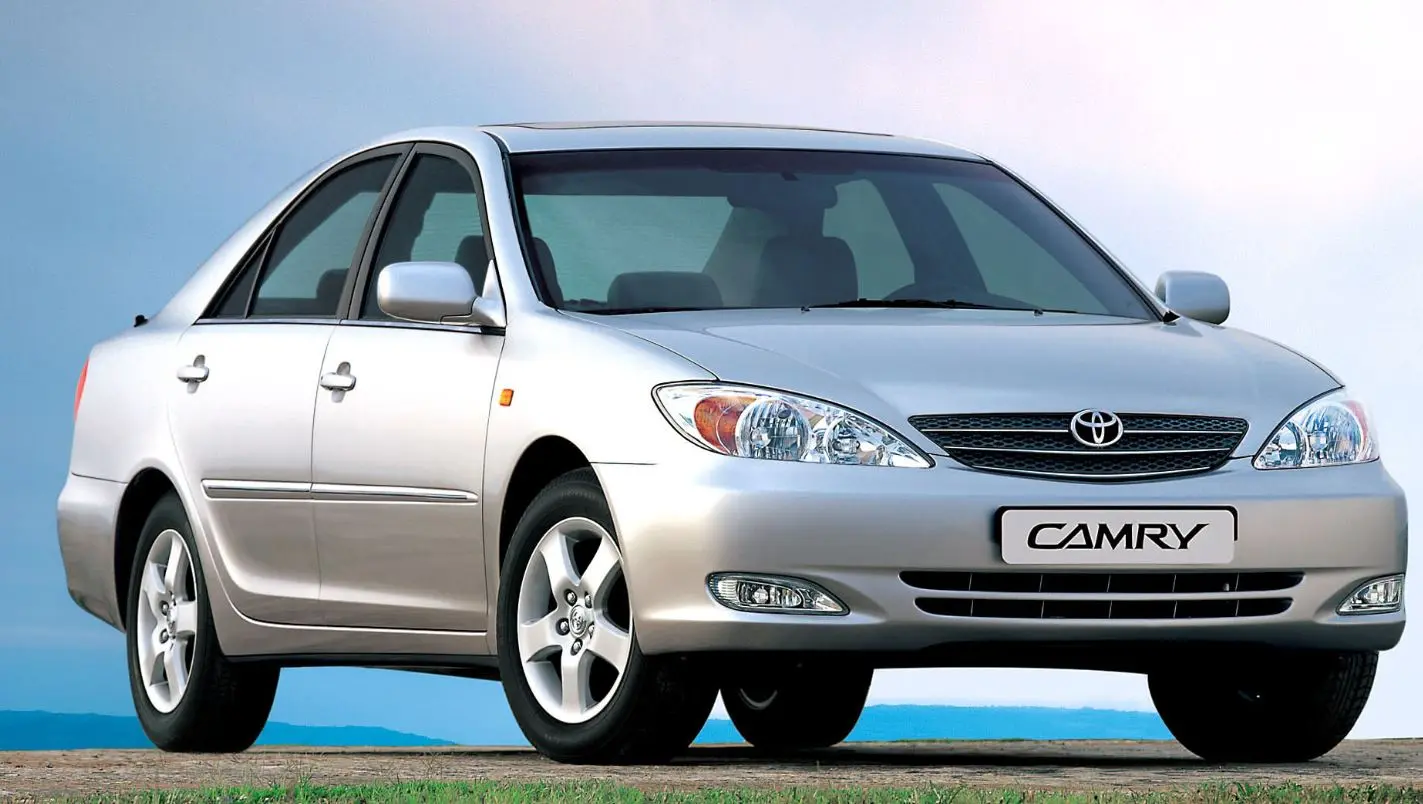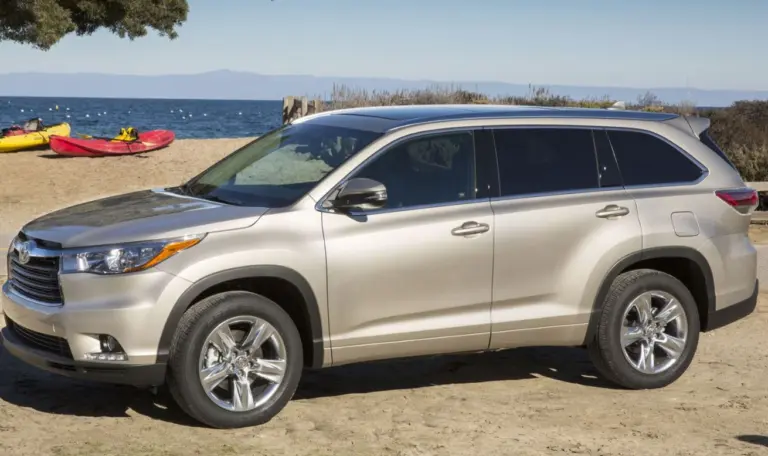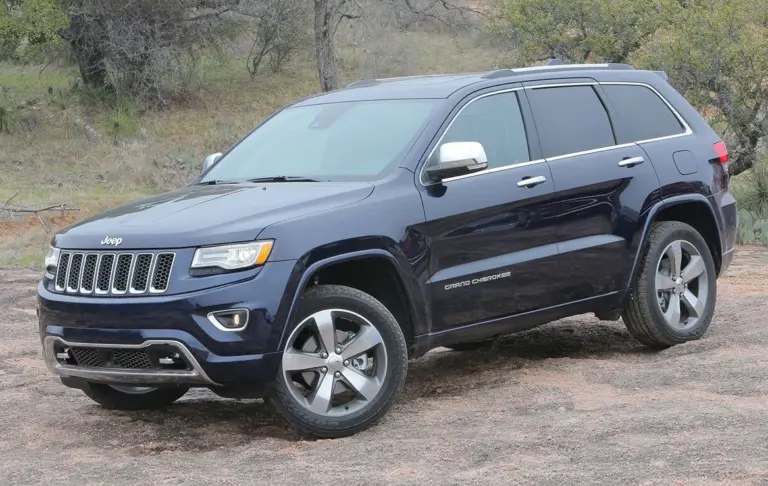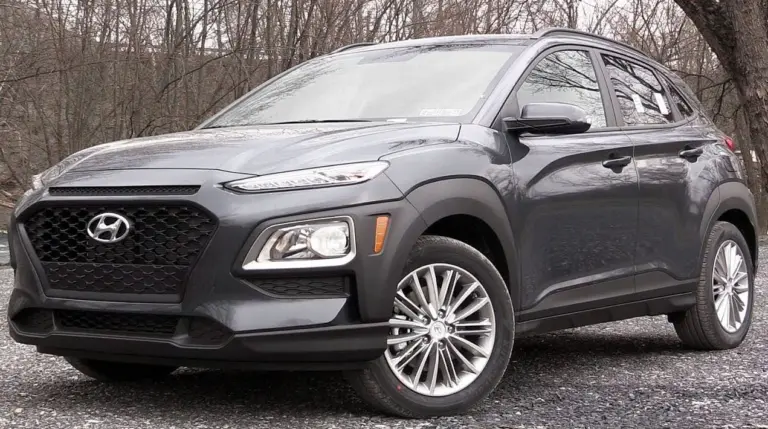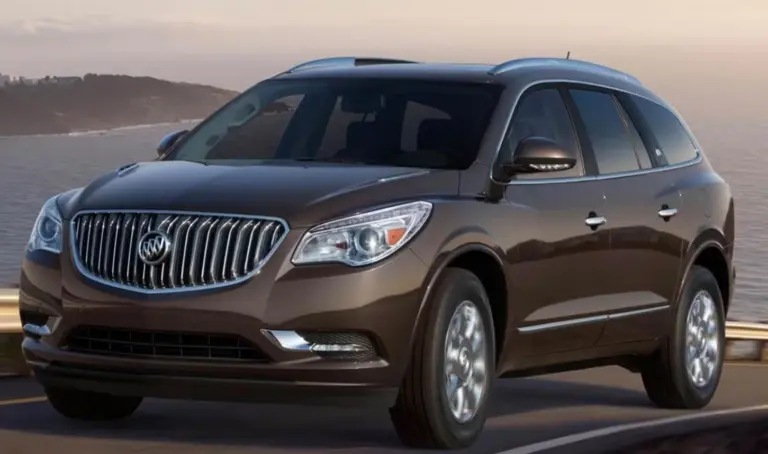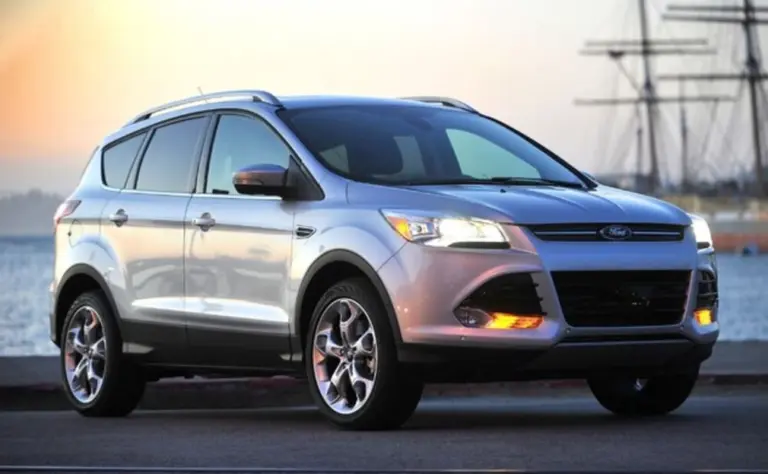Toyota Camry Years to Avoid (Updated)
The Toyota Camry has long been a popular choice for those seeking a reliable and efficient midsize sedan. However, not all model years are created equal. Some have experienced more issues than others, making them less desirable for used car buyers.
In this article, we’ll examine the Toyota Camry years to avoid, common problems across these model years, and provide answers to frequently asked questions to help you make an informed decision when purchasing a used Camry.
Toyota Camry Years to Avoid
When considering a used Toyota Camry, it’s crucial to be aware of the model years that have had the most reported issues. Here’s a comprehensive table outlining the Toyota Camry years to avoid and their associated problems:
| Model Year | Major Issues |
|---|---|
| 2007 | Excessive oil consumption, transmission problems, engine issues |
| 2008 | Transmission hesitation, oil consumption, engine problems |
| 2009 | Oil consumption, transmission issues, brake problems |
| 2010 | Transmission problems, air conditioning failures |
| 2002 | Engine issues, unintended acceleration, brake failures |
2007 Toyota Camry
The 2007 Toyota Camry is widely regarded as one of the most problematic years for the model. This year marked the beginning of the sixth generation Camry, and unfortunately, it came with a host of issues. The most significant problem reported by owners was excessive oil consumption, which could lead to engine damage if not addressed promptly.
Additionally, many 2007 Camry owners experienced transmission problems, including hesitation during acceleration and rough shifting. These issues not only affected the driving experience but also potentially compromised safety. Engine problems were also common, with some owners reporting complete engine failure.
2008 Toyota Camry
While the 2008 Camry showed some improvements over the 2007 model, it still retained many of the same issues. Transmission hesitation continued to be a significant problem, causing frustration for many drivers. The excessive oil consumption issue persisted, with some owners reporting that their vehicles consumed oil at an alarming rate of one quart every 1,200 miles.
Engine problems were also reported, though less frequently than in the 2007 model. Some owners experienced issues with the check engine light illuminating due to a malfunctioning oxygen sensor, which could affect fuel efficiency and emissions.
2009 Toyota Camry
The 2009 Camry continued to struggle with oil consumption issues, with many owners reporting that their vehicles required frequent oil top-ups between regular service intervals. Transmission problems persisted, including rough shifting and delayed engagement, particularly when accelerating from a stop.
Brake issues also became more prevalent in the 2009 model, with some owners reporting premature wear of brake pads and rotors. This led to increased maintenance costs and potential safety concerns if not addressed promptly.
2010 Toyota Camry
While the 2010 Camry showed some improvements over previous years, it still had its share of problems. Transmission issues continued to plague some owners, with reports of harsh shifting and delays during acceleration. These problems were particularly noticeable in models equipped with the 2.5-liter four-cylinder engine.
Another common complaint for the 2010 Camry was related to the air conditioning system. Many owners reported inadequate cooling, especially in hotter climates, which led to discomfort and increased repair costs.
2002 Toyota Camry
The 2002 Camry, part of the fifth generation, experienced a significant number of issues. Engine problems were the most commonly reported, with some owners experiencing unintended acceleration, a serious safety concern. Oil leaks were also frequently reported, leading to increased maintenance costs and potential engine damage if left unaddressed.
Brake failures were another critical issue for the 2002 Camry, with some owners reporting sudden loss of braking power. This problem posed a significant safety risk and led to numerous complaints filed with the National Highway Traffic Safety Administration (NHTSA).
Common Problems Across these Model Years
While each model year had its specific issues, several problems were common across multiple years of the Toyota Camry:
- Excessive Oil Consumption: This was a persistent issue, particularly in the 2007-2009 models. Many owners reported having to add oil between regular service intervals, sometimes as frequently as every 1,000 miles.
- Transmission Problems: Hesitation during acceleration, rough shifting, and complete transmission failure were reported across multiple model years, particularly from 2007 to 2010.
- Engine Issues: Various engine-related problems were reported, including complete engine failure, check engine light illumination, and unintended acceleration in some cases.
- Brake Problems: Premature wear of brake components and, in some cases, brake failure were reported, particularly in the 2002 and 2009 models.
- Electrical Issues: Problems with the vehicle’s electrical system, including malfunctioning dashboard displays and issues with the infotainment system, were reported across several model years.
These common problems highlight the importance of thorough research and careful inspection when considering a used Toyota Camry, particularly from the model years mentioned above.
Frequently Asked Questions (F.A.Q)
Q1. Are all Toyota Camrys from these years problematic?
Not necessarily. While these model years have higher reported issues, not every vehicle from these years will experience problems. Regular maintenance and proper care can help mitigate some of the common issues.
Q2. How can I check if a used Camry has had any of these problems?
Request a vehicle history report, which can show past repairs and maintenance. Additionally, have a trusted mechanic inspect the car before purchase to identify any potential issues.
Q3. What are the best years for a used Toyota Camry?
Generally, Camry models from 2012 onwards have shown improved reliability. The 2014 and 2015 models, in particular, have received positive reviews for their reliability and performance.
Q4. How much does it cost to fix the excessive oil consumption issue?
The cost can vary significantly depending on the extent of the problem. In some cases, it may require engine rebuilding or replacement, which can cost several thousand dollars.
Q5. Did Toyota issue any recalls for these problematic years?
Yes, Toyota issued several recalls for various issues across these model years. It’s important to check if all recall-related repairs have been completed on any used Camry you’re considering.
Wrapping Up
While the Toyota Camry is generally known for its reliability, certain model years have experienced more issues than others. By being aware of the Toyota Camry years to avoid and the common problems associated with them, you can make a more informed decision when purchasing a used Camry.

